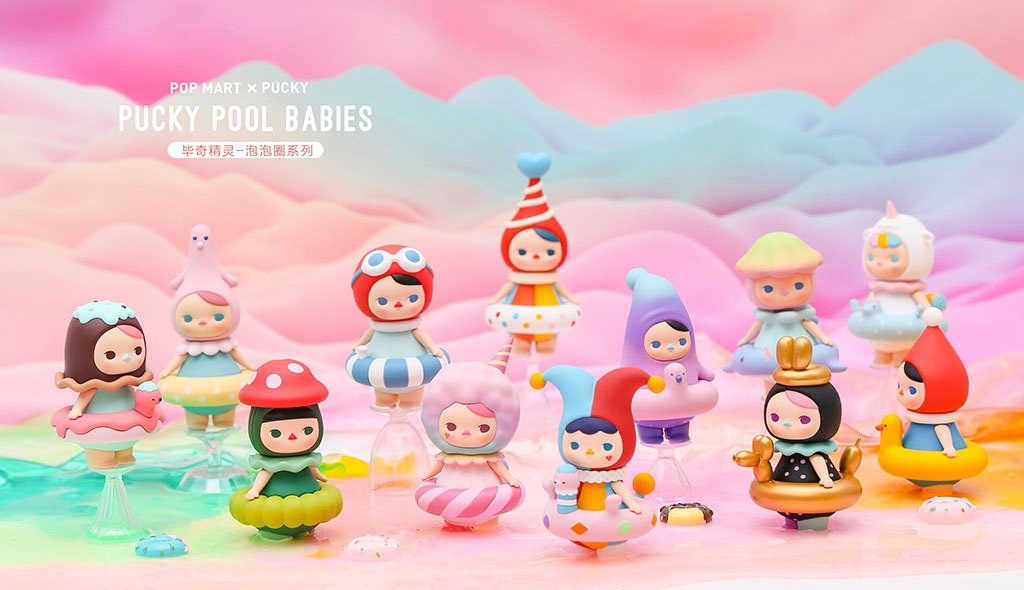
1) Let's talk about the crazy growth of Perfect Diary. It's now the 3rd biggest beauty empire in the world after LVMH and L'Oreal. It was only founded in 2016.
It's mastered the hearts and wallets of Gen Z Chinese girls though.....
It's mastered the hearts and wallets of Gen Z Chinese girls though.....
2) Since starting in 2016, Guangzhou-based Yatsen Group, aka the parent company of Perfect Diary (完美日记) aka the biggest name in Chinese DTC cosmetics brand. It has been on a juggernaut rise with an implied 204% CAGR from 2018 to EoY 2020.
3) Yatsen is so-called since their three founders all graduated from Sun Yatsen university; their backgrounds are all in multinational and domestic FMCG companies. The founders came away with a data-driven methodology to market a product effectively.
4) They set out to build a Chinese L’Oreal and started with the cosmetic brand Perfect Diary. Yatsen has since then expanded into skincare brand Abby’s Choice and nail polish brand Little Ondine
5) What did they get right and what were they just lucky on?
So these were just pure luck events:
- Growing up with a demographic wave who were open to domestic brands
- Early to XHS
- Having mature cosmetics supply chain around
So these were just pure luck events:
- Growing up with a demographic wave who were open to domestic brands
- Early to XHS
- Having mature cosmetics supply chain around
https://twitter.com/lillianmli/status/1350053384414351370
6) They were innovative in a few things:
- Effective brand positioning for the gen Z demographic
- Identifying and working with influencers on emerging platforms
- Community building with private WeChat groups
- Quick reiteration and a large selection of SKUs
- Effective brand positioning for the gen Z demographic
- Identifying and working with influencers on emerging platforms
- Community building with private WeChat groups
- Quick reiteration and a large selection of SKUs
7) Effective brand positioning for the gen Z demographic - Perfect Diary are a masstige produce in China, high-quality cosmetics at mid-range prices. This allowed a generation of young girls to start experimenting with cosmetics
8) Identifying and working with influencers on emerging platforms - PD was savvy early on not to work with beauty influencers both big and small, that worked out very well when XHS hit the mainstream in 2018
https://twitter.com/lillianmli/status/1350053384414351370
9) Community building - Perfect Diary has cultivated a large community in Wechat chat groups serviced by ~1,100 online customer service reps. Users and customer service agents engage with each other in these 500 people groups to share beauty tips and reviews of products.
10) Quick reiteration and large product SKUs - hey can develop and launch a product online in less than 6-months. In 2019, they launched 800 new products and about in 700 by September 2020 (when the prospectus data ends).
11) Combination of all these factors propelled it to dizzying heights.
I talk more about what DTC startups should learn from them as well as I view the company from an investor's perspective in this week's paid edition lillianli.substack.com/p/the-growth-p…
I talk more about what DTC startups should learn from them as well as I view the company from an investor's perspective in this week's paid edition lillianli.substack.com/p/the-growth-p…
I'm writing these threads (usually no plug for my paid stuff though, this is the first) for the rest of Jan, follow me if you want these spam.
• • •
Missing some Tweet in this thread? You can try to
force a refresh



